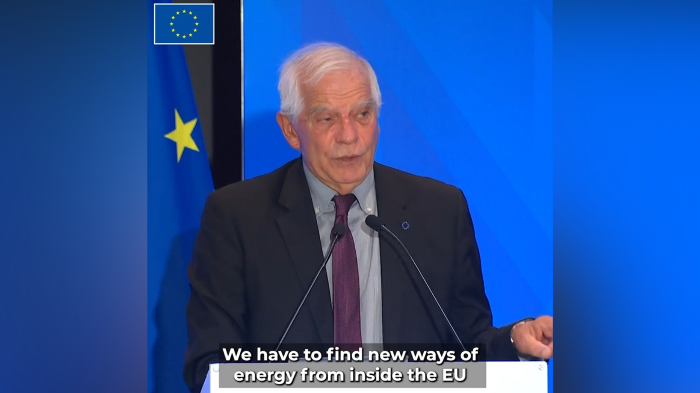Czechia explains how Russia is trying to arrange sabotage on European railways
Czechia has stated that Russia made "thousands" of attempts to interfere with European railway networks as part of a campaign to destabilise the EU and attempt sabotage of critical infrastructure. Source: Martin Kupka, Minister of Transport of Czechia, in an interview with Financial Times Details: He suspects Russia of "thousands of attempts to weaken our systems" through cyberattacks since Kremlin leader Vladimir Putin launched the full-scale invasion of Ukraine in February 2022.

Czechia has stated that Russia made "thousands" of attempts to interfere with European railway networks as part of a campaign to destabilise the EU and attempt sabotage of critical infrastructure.
Source: Martin Kupka, Minister of Transport of Czechia, in an interview with Financial Times
Details: He suspects Russia of "thousands of attempts to weaken our systems" through cyberattacks since Kremlin leader Vladimir Putin launched the full-scale invasion of Ukraine in February 2022.
Kupka said that Russia had been hacking into the signalling systems and networks of the Czech national railway operator České dráhy.
Previous cyberattacks have disrupted ticketing systems and raised concerns that successful interference with signalling systems could lead to serious accidents.
Financial Times also cited a report published last March by the EU Agency for Cybersecurity, which highlighted threats to transport.
It mentioned "attacks against railway companies with an increasing rate, primarily due to Russia’s invasion of Ukraine." The report noted major cyberattacks by "pro-Russia hacker groups" on railway companies in Latvia, Lithuania, Romania and Estonia.
In turn, the Czech cybersecurity agency NUKIB has warned of an increase in the number of cyberattacks in recent years.
"One of the last year’s prominent trends has been the growing interest of malicious attackers in the energy and transportation sectors," the report, which was published in July, said.
Background: In early March, the European Union Agency for Cybersecurity (ENISA) warned of the growing risk of attackers using artificial intelligence to influence the European Parliament elections in June with disinformation.
Support UP or become our patron!



